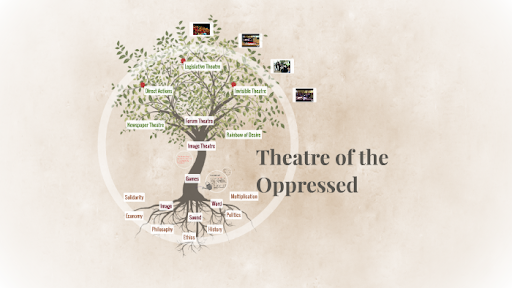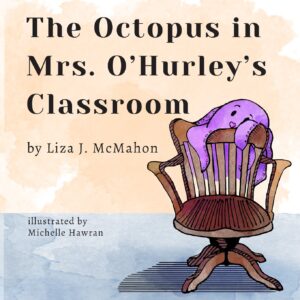Debasish Mridha
Hi, I’m Liza! Helping you transform the drama of life.
My Approach
The offerings of Liza McMahon Consulting, LLC. are steeped in the concepts of the Empowerment Dynamic combined with the principles of Augusto Boal’s Theatre of the Oppressed, peppered with the practice of HeartMath, distilled with the essence of Liza.




What is the Empowerment Dynamic?
The Empowerment Dynamic is a method to inspire change developed by David Emerald. The heart of this work involves honestly assessing one’s current reality and shifting from a victim orientation to that of an empowered creator resulting in an action plan to achieve desired outcomes.
Benefits from The Empowerment Dynamic encompass, yet transcend the following:
- Enhanced control over situations, promoting autonomy and self-reliance rather than dependence on external rescue.
- Encouragement to take proactive steps and drive actions towards desired outcomes.
- Protection from manipulation by fostering a mindset grounded in empowerment.
- Heightened focus on objectives, fostering efficiency and effectiveness in both personal and professional endeavors.
- Equipping individuals with a robust vocabulary for adeptly navigating challenging conversations and topics.
Values & Beliefs
To me, learning is living. The drama of life provides rich opportunity for growth.
Following the philosophy of Paulo Freire, "The teacher is no longer merely the-one-teaches, but one who is him/herself taught in dialogue with the students, who in turn while being taught also teach. They become jointly responsible for a process in which all grow."
A symbiotic relationship is achieved by sharing my knowledge and experience with participants. It is an endless cycle of giving and receiving.
What is HeartMath?
The HeartMath Building Personal Resilience program is a focused and practical program, combining personalized coaching or mentoring with scientifically validated tools to help you self-regulate your body’s response to stress and build resilience. You will learn life-long skills you can use any time to increase well- being, personal and professional performance and quality of life experience.
Benefits derived from HeartMath techniques encompass, yet transcend, the following:
- Enhanced resilience and vitality, fortifying individuals to withstand adversities.
- Cultivation of an overarching sense of well-being, fostering holistic health and contentment.
- Amplified mental clarity and focus, empowering sharper decision-making and productivity.
- Strengthened relationships through deeper connections and understanding.
- Augmented composure amid challenging circumstances, facilitating poised responses.
- Elevated communication efficacy, promoting clarity and empathy in interactions.
- Facilitation of better cooperation among colleagues and team members, fostering synergy and productivity.
What is Theatre of the Oppressed?

Theatre of the Oppressed (T.O.) represents a potent form of community-based education that harnesses the power of theater to drive social change. Originating from Augusto Boal’s groundbreaking initiatives with marginalized populations in Latin America, T.O. has evolved into a global phenomenon, employed for diverse purposes such as social and political activism, conflict resolution, community cohesion, therapeutic intervention, and legislative advocacy.
At its core, Theatre of the Oppressed comprises a repertoire of games and performative exercises designed to empower individuals to enact tangible transformations in their daily lives. Within this framework, the theatrical space becomes a dynamic arena for exploring and embodying alternative visions for societal progress.
A hallmark feature of Theatre of the Oppressed lies in its lack of definitive resolution. Unlike conventional theater productions that neatly tie up narrative threads, T.O. workshops refrain from providing closure. While conflicts may find resolution within the workshop setting, the overarching story remains open-ended. Participants, who transition from passive observers to active agents, carry the narrative forward beyond the theater’s confines. The true culmination of the experience lies not in the theater itself but in the collective action taken beyond its walls.
Featured Publications
The Octopus In Mrs. O’Hurley’s Classroom
